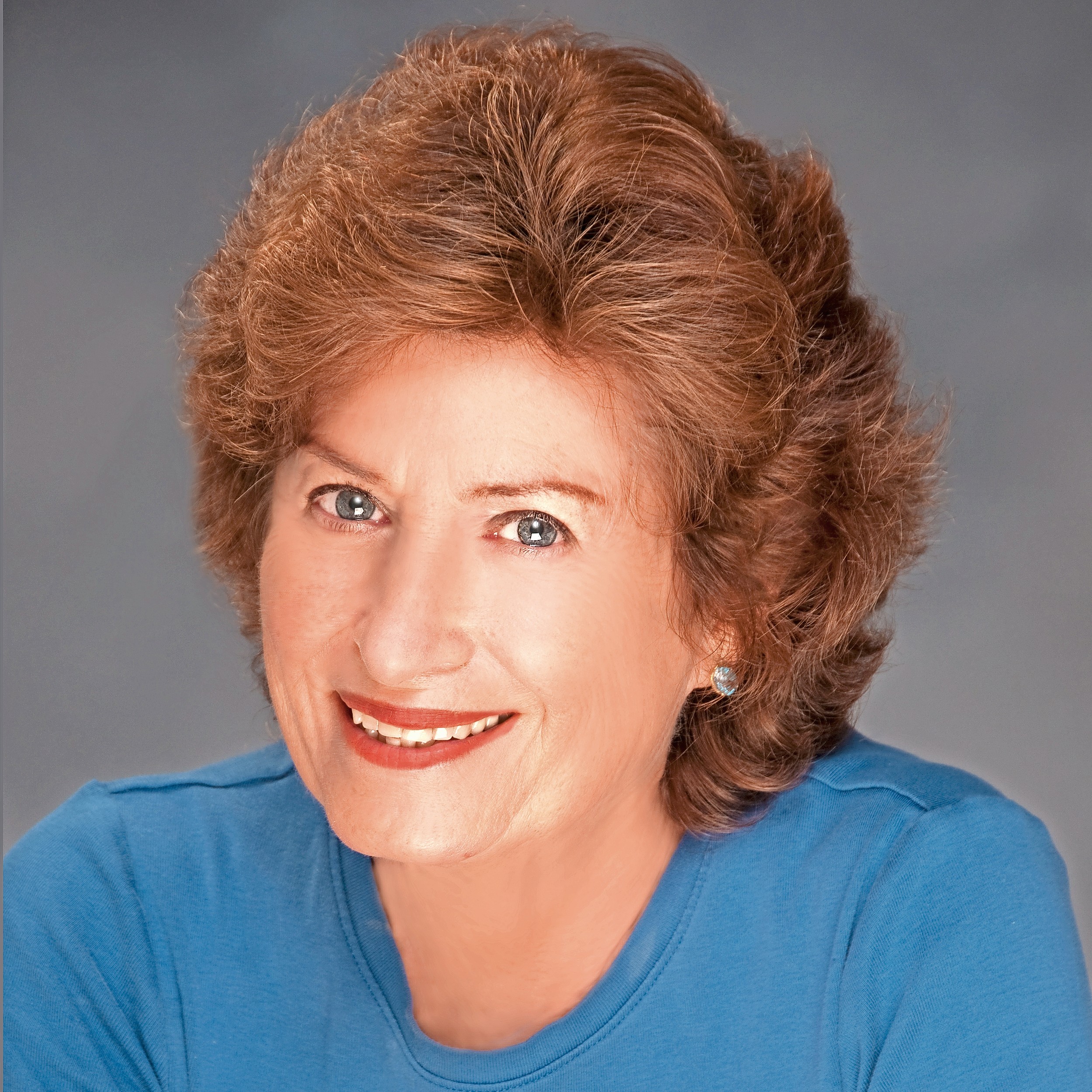In one side and out the other, from Kent to Calais
There’s no accounting for taste, especially my own.
And so, I’m a bit embarrassed about this. I want to recommend a TV series to you, and yet I’m afraid you will think less of me for my choice. Of course, many readers could hardly think less of me than they already do because of our political differences, but I can’t do much about that.
Speaking of which, the series I’ve been watching is a guaranteed distraction from anything buzzing around your brain, be it the end of interpersonal civility, the end of the earth or the end of times. I’m not kidding; it’s that compelling.
My unfortunate habit has been to watch an episode a night, in bed, and before lights out. Not smart. The story taps into our deepest, most atavistic fears. At times I have slipped under the covers and closed my eyes because I didn’t want to see the unfolding scene. And yet, night after night I kept watching, every episode of three seasons, and I am not sorry. It was thrilling and deeply moving and profoundly disturbing.
“The Tunnel,” which you can find at www.pbs.org, is the story of various lone wolf terrorists or terrorist groups that are connected to one another and the police through their activities in and around the Chunnel (the Channel Tunnel), which runs from Folkestone, Kent, in Great Britain, to Calais, France.
Then, in 1994, the Chunnel was completed — actually three tunnels that carry people and cars and trains across the water in 35 minutes. The third tunnel, which is the service/escape tunnel, is the really creepy one. You’ll see.
The series features a bilingual cast headed by Clemence Poesy and Stephen Dillane as French and English detectives, respectively, who come together as partners, and eventually as loving friends. They work on crimes that occur in and around the Chunnel. You wouldn’t think it was necessarily a high-crime location, a tunnel under the sea between two countries, but stay tuned. The very first crime sets the tone with an unexpected and distinctly ghastly plot turn.
No one ever called me a spoiler, so I won’t say who dunnit or how, but you will not lose interest, even when the dialogue bounces between English and French.
This is not a cheap thriller. It is an expensive thriller, and brilliantly acted. Dillane and Poesy draw from deep wells of emotion, finding nuance and conflict in their characters. Elise Wassermann, the detective played by Poesy, has extraordinary powers of perception and memory, probably because she is locked up emotionally, constrained by an autistic-like personality disorder. The back stories of the characters are intelligently drawn, well worth following even without the mile-a-minute plot turns.
This is a gory and violent show. Be warned, but don’t let it put you off unless you really insist on seeing your characters all in one piece all the time.
When you watch this and then you watch an American crime drama, like — name your choice of mediocre show — the quality of “The Tunnel” is striking. All the characters walk into the story as real human beings with complex personal lives that have to be reconciled with the demands of law enforcement.
The concept of the series, borrowed from a Swedish and Norwegian series called “The Bridge,” puts us in the middle space, the tunnel between two landmasses, and the underwater escape from one country to another. So, too, the characters are in a middle ground. We follow them through births and deaths and violent encounters. We see them change. It’s a series that allows people we care about to die in awful ways. Everyone in the story emerges from the tunnel different from how they went in.
In general, I don’t like violent movies or TV. But once in a while, something comes along for which I make an exception. I loved “Breaking Bad” and “Deadwood” and “The Fall,” I think because the outstanding performances trumped the horror factor.
This series came along at a time when I was seeking distraction from the burdensome news of the day. The weight of politics is a daily drag. When I turned on my television at night, I could enter “The Tunnel” and flee the scene.
Copyright 2018 Randi Kreiss. Randi can be reached at randik3@aol.com.

 45.0°,
Mostly Cloudy
45.0°,
Mostly Cloudy 




